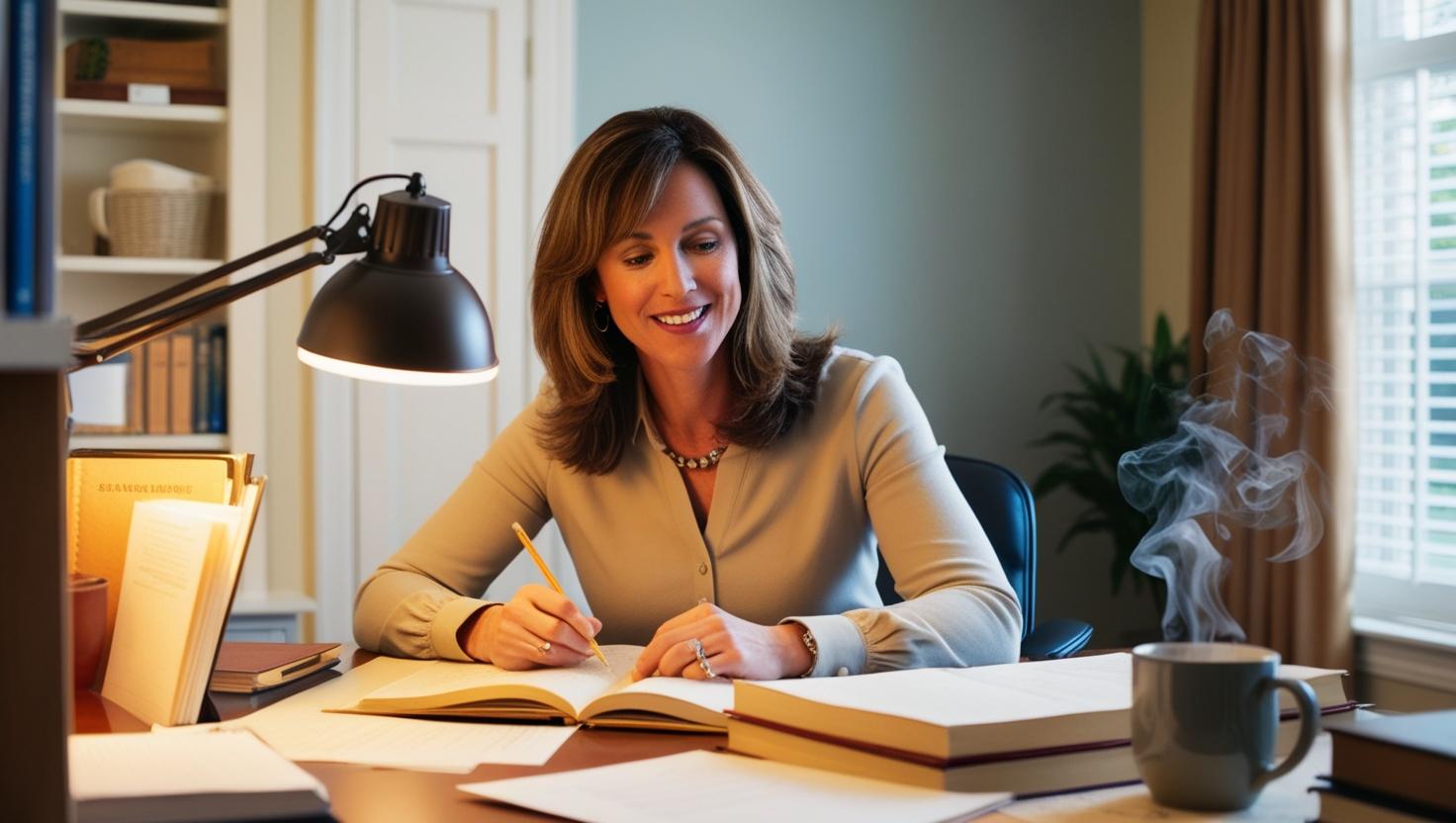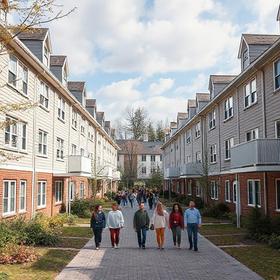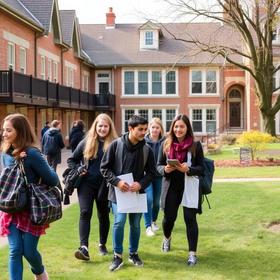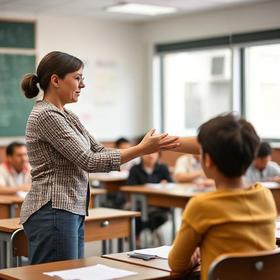Part of the fun of parenting is that there is no owner's manual issued when your child is born. You and I buy cars, televisions, and computers with reams of documentation. But nothing came with your daughter or mine. You had to rely on your instincts, judgment, and common sense in order to raise her to become the young adult who now is poised to head off on a great adventure, namely, going off to boarding school.
Your daughter is unique. So are boarding schools. While no two schools are alike, they all share a common aim: to educate your daughter academically, spiritually, and athletically. They strive to build on the solid foundation which you have so lovingly laid over these past fourteen or fifteen years. Now it is time to let her go and advance and grow in this next important stage of her maturation.
Still, all of us parents approach the process of finding the right school with more than a little trepidation. Questions keep popping up. Some questions even nag a bit.
"How do I know which boarding school is the best one for her?"
"How can I compare schools that all seem so wonderful yet are so different?"
"How do I know that she will be prepared properly for college work?"
"Will the school see the potential which I see in my daughter or will she be just another child occupying a place?"
Take a deep breath. Trust your instincts.



.jpg)

















